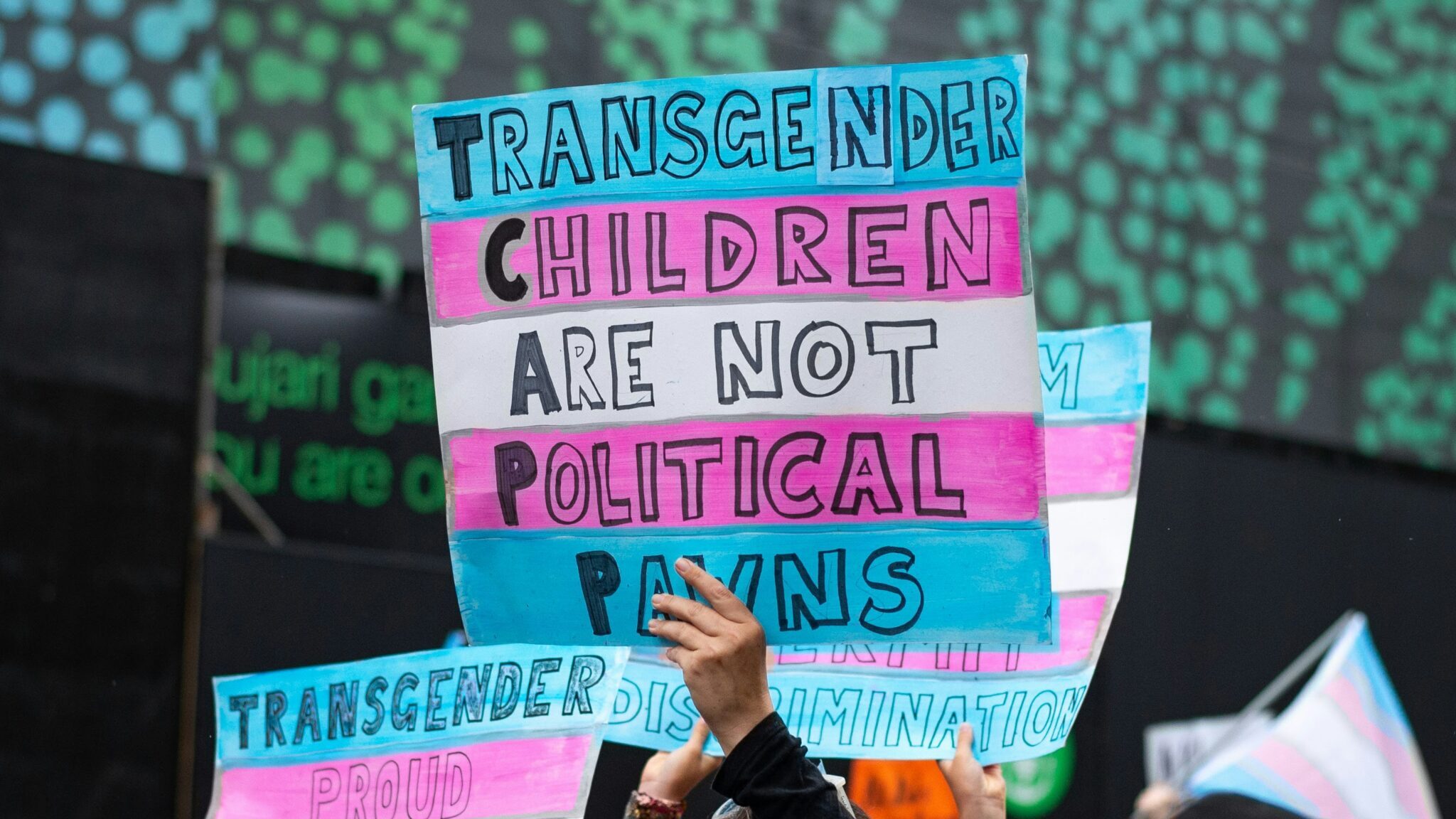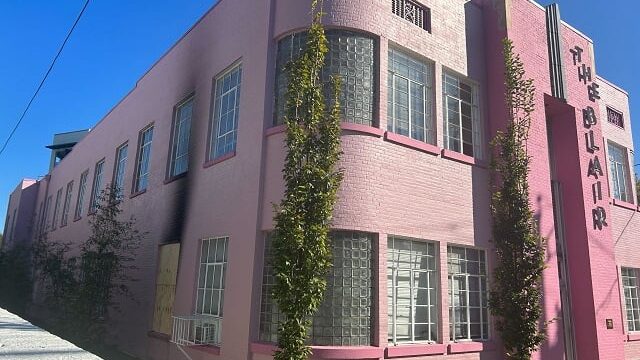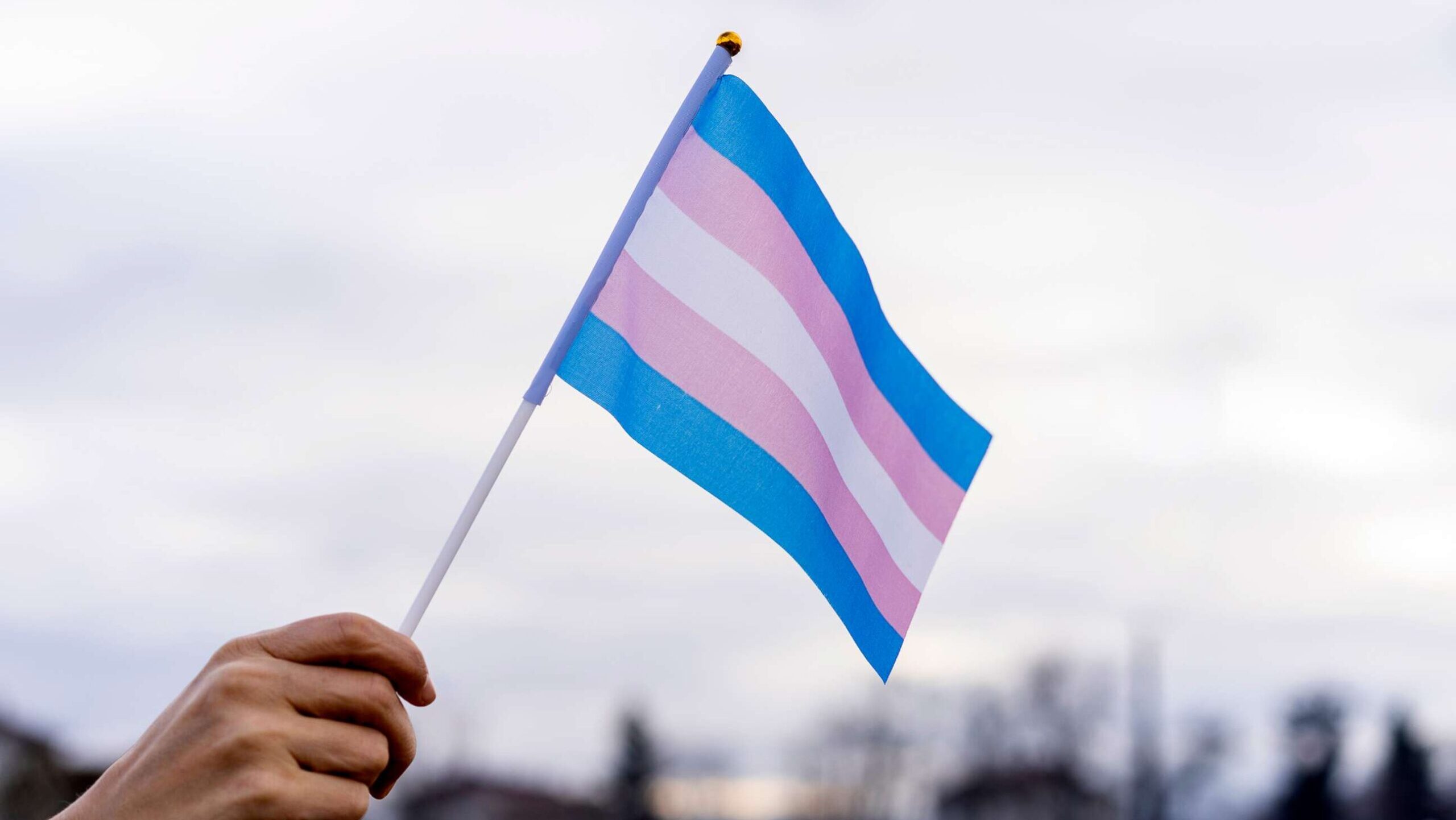ROCHESTER, N.Y. (WROC) — Two local men say they were discriminated against at a Rochester hospital.
Trey Lowery and Cori Smith are transgender men and they say in separate instances, staff at Highland Hospital treated them inappropriately.
When the alleged incidents happen, Lowery and Smith didn’t know each other. But now, they are speaking out together, hoping their stories bring awareness to adequate care and safety for transgender or non-confirming individuals.
Lowery said his incident happened in July of 2021, when he went to Highland Hospital for a bariatric surgery. He wanted to change his life around for his kids and wife, but was left upset by how the staff treated him.
“They made me feel so low,” Lowery said. While his identification shows he is a male, Lowery said many staff members on the surgical floor wouldn’t refer to him as one.
“They begin to call me a she throughout my stay. They never put me as a male, though I corrected them and let them know that I was a male,” Lowery said. “The whole situation was a whole disaster for me. It literally made me feel took my pride in everything away from me.”
Lowery said before his procedure, he was told by staff he had to take a pregnancy test, even though he says he can’t get pregnant.
“As I go in the back area, a patient care tech gives me a cup and says you have to urine for a pregnancy test. I told her that, ‘I am a male, there’s no need for a pregnancy test.’ She laughed in regards to the situation…she thought it was funny,” he said.
Lowery recalls asking a nurse why he was being misgendered.
“She stated, ‘Oh, well, you know, because you are a female, basically you have to go in and do this,’” he said. Lowery said he then heard the nurse laughing with other colleagues about the situation.
Following his experience at Highland, Lowery said he’s been getting help for his mental health. He also said he plans to file a discrimination lawsuit against the hospital.
“He wanted to kill himself because of the situation,” said Cheryln R. Smith, Lowery’s mother. “The way that they treated my son… I didn’t like it at all, but I had to show a little tough love to my son so he would be able to stand up on his two feet and not say that ‘I don’t want to be here anymore.’”
In a statement from Highland Hospital, they said clinical staff don’t necessarily seek permission for each individual test that is run and that’s something they are working to improve.
The hospital wrote in a statement: “Many national organizations, including the American Society of Anesthesiologists and National Institutes for Health, recommend screening for pregnancy as part of preanesthetic evaluation. These recommendations include transgender and gender diverse individuals as they may have reproductive organs. Highland’s policies currently align with those recommendations.“
Shortly after his surgery, Lowery said he received a call from the CEO of Highland, Dr. Steven Goldstein. Lowery said apologized to him for his experience and offered him a job as a spokesperson for transgender people at the hospital. However, Lowery said he did not take the position.
Seven years ago, Cori Smith, who is also a transgender man, said he experienced discrimination at the hospital as well.
Smith had to go into the hospital in 2014 because he had endometriosis and adenomyosis. He had gotten his eggs retrieved, but there had been a complication following the retrieval, which lead him to need emergency surgery.
“They put a female wristbands on me, they put my old name on there, which I don’t know how they still had. I gave them my updated information and said that I am actually a male and they need to put that on, and that my name is Cori. They refused and didn’t do that. They laughed it off,” Smith said.
Smith said he was triaged last and he had to wait for six hours in pain.
“I was screaming so much that it wasn’t until my girlfriend advocated for me and other patients in the waiting room were so annoyed at how loud I was that they finally took me back,” he said.
Once being seen, Smith said an ultra sound showed cysts in his ovaries (HCOs) and that he had a double ovarian torsion. He was brought up for surgery, but that’s when he said he received inappropriate treatment from his doctor.
“He refused to do the surgery. He said I’m not going to help you transition. We’re not going to help you become a man,” Smith said. “He wouldn’t even referenced me as a man. He called me it. He called me she, he called me they,” Smith said.
Smith said the doctor ended up doing the surgery, but he ended up having to have another one shortly afterwards because Smith said it wasn’t done right.
“The trauma that that caused, but also the physical state of my body and my own future, because all of this started because I was thinking of my future, all of this started because I wanted to have children, all of this started because I wanted my eggs retrieved,” Smith said.
Today, Smith has to get nerve blocks and trigger point infections every four weeks to help with the pain, which he said could happen for years to come.
“This all could have been avoided and was supposed to just be a one and done surgery. And it had nothing to do with my transition. It had nothing to do with it,” he said.
Following these instances, Smith filed a discrimination lawsuit against the hospital, which he said got dismissed.
In a statement responding to Smith’s treatment, the hospital wrote:
“UR Medicine believes that Mr. Smith received appropriate medical treatment at Highland Hospital in response to his need for emergency care in November 2014. This is based on a thorough review of the medical record by clinical professionals on Highland’s patient safety team, a review which included interviews with Mr. Smith’s attending physicians and other caregivers.
Leaders of UR Medicine’s quality and patient satisfaction teams reached out to Mr. Smith last summer after he raised a separate concern not specifically related to Highland Hospital. They spoke about his entire experience as a transgender patient in the UR Medicine system. Mr. Smith’s input helped significantly to inform efforts we have already implemented, and others currently underway, to make systems and practices at our hospitals more sensitive to and affirming of the needs of transgender and gender diverse patients, without compromising quality or safety of care.”
However, the hospital also said Smith’s input has helped them in their on-going efforts to make systems and practices at the hospital more sensitive to the needs of transgender patients.
Today, Lowery, Smith and their families are hoping their stories encourage hospitals to take a look at the care they provide for transgender individuals.
“My son does have a chance to be himself, to stand up right for the gay community and transgender, because in today’s world, it doesn’t matter if you’re black, white, orange purple, whether you go with a man, or go with a woman, you are a human being and everyone needs that respect,” Cheryln R. Smith said.
After Smith’s came forward with his complaints, Highland Hospital says they have taken the following steps to support transgender patients, including:
- Removing gender from patient wristbands and identification stickers in the hospital
- Implementing practices for staff members to assist patients who want to update gender, name, and pronouns in their electronic medical record
- Creating a process to make sure hospital billing aligns with a patient’s gender identity
- Converting public restrooms to all-gender
Our mandatory annual education provides training about working with transgender and gender diverse individuals, and we offer a number of ongoing trainings to increase affirming and equitable care for transgender and gender diverse individuals.
Highland follows all standards of nondiscrimination set by the Joint Commission, New York State Department of Health, and Centers for Medicaid and Medicare.
The post appeared first on RochesterFirst.




